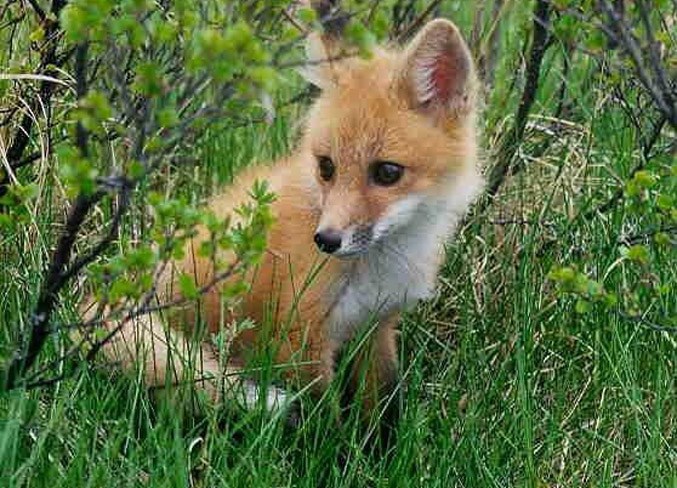For not the first time, the Cochrane Ecological Institute (CEI) received a surprising email from a research team a world away from their rural Alberta property. The Korean National Park Service needs help breeding and reintroducing red foxes to their parks, and they’ve pegged the CEI as the experts to show it how. On Nov. 5 the Koreans will be arriving in Cochrane. “In this country, in Alberta, nobody respects the Cochrane Ecological Institute for its knowledge or what it does,” said Clio Smeeton, who heads the CEI. The institute is a 140-acre property north of Cochrane, and home to various wildlife species in need of rehabilitation and an eventual release back into the wild – including two black bear cubs which has stirred up attention recently. For years, the CEI has fought for changes in provincial legislation on how wildlife is cared for. Ever since 1967, when the institute successfully reintroduced swift foxes to the plains of North America, the CEI – and its research – has been a go-to for many countries struggling to restore fox populations. Back in 2004, the Norweigan’s national park service visited the CEI to learn how to reintroduce the arctic fox in Norway. “They came to us, then we took them down to the Blood Reserve and we showed them the pre-release research that we were doing before releasing the foxes there and then we took them down to the Blackfoot Nation in the USA so they could see where our foxes were breeding,” Smeeton said. “They went back to Norway, and they changed what they were doing, and they managed to breed the Arctic foxes. We were in touch with them when they had their first litter, they were really excited – wrote us letters ‘it’s working, it’s working.’” Now, the Koreans are looking to reintroduce the eradicated red fox to their national park. Due to over-hunting, a food shortage in the 1970s and habitat loss from industrialization, the red foxes are virtually extinct in South Korea, explained HoSu Jeon, of the Korean National Park Service. The foxes are now designated by the Korean ministry of environment as “Legally Endangered Species Category 1” and are protected. “Our team wants to learn at CEI, how to breed foxes in the facility, how to increase the survival rate after they are released into the wild and research methods,” Jeon said.




